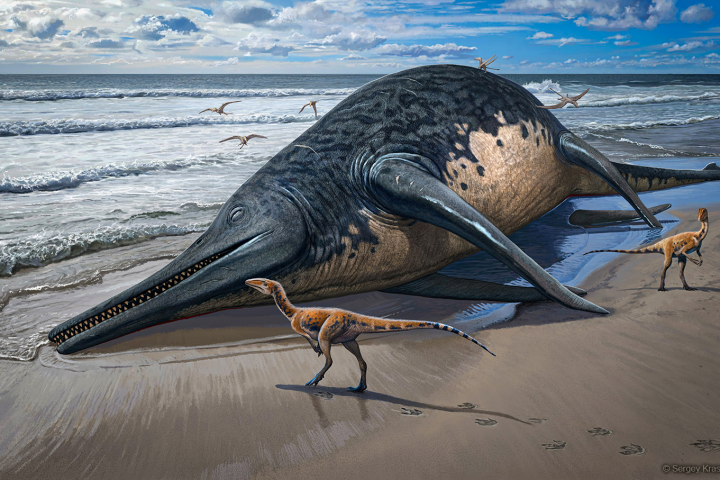Every year, the individual stores that make up Starbucks Hong Kong produce almost 5,000 tonnes (4,536 tons) of used coffee grounds and unconsumed bakery items. As it stands now, all of that waste is incinerated, dumped in a landfill, or composted. In the future, however, it may be used to produce a key ingredient in laundry detergents, plastics, and many other items. A recent experiment showed that it can indeed be done.
The project began when the non-profit organization The Climate Group approached Dr. Carol S. K. Lin, a chemical engineer at the City University of Hong Kong. Lin’s team was already developing biorefineries, which are used to convert plant-based materials such as corn and sugar cane into biofuel or other products. In this case, The Climate Group was hoping that she could adapt the technology to process food waste from one of its corporate members, Starbucks Hong Kong.
In the resulting “food biorefinery,” the coffee grounds and baked goods are blended with a mixture of fungi. These fungi excrete enzymes, which break the carbohydrates in the food down into simple sugars. The food/fungi mixture is then transferred into a fermenting vat, where Actinobacillus succinogenes bacteria convert the sugars into succinic acid. It is that acid which is used in products such as detergents, plastics and medicines.
Potentially, the technology could greatly reduce the amount of food waste going into landfills and incinerators, plus it might also provide a more eco-friendly, sustainable alternative to the petroleum products currently used for plastic production. It could also provide the suppliers of the food waste with a source of income, and reduce the need for crops that are currently grown specifically to be biorefined.
Lin is now working on scaling up the process, and plans to test it in a pilot plant in Germany.
Source: American Chemical Society




